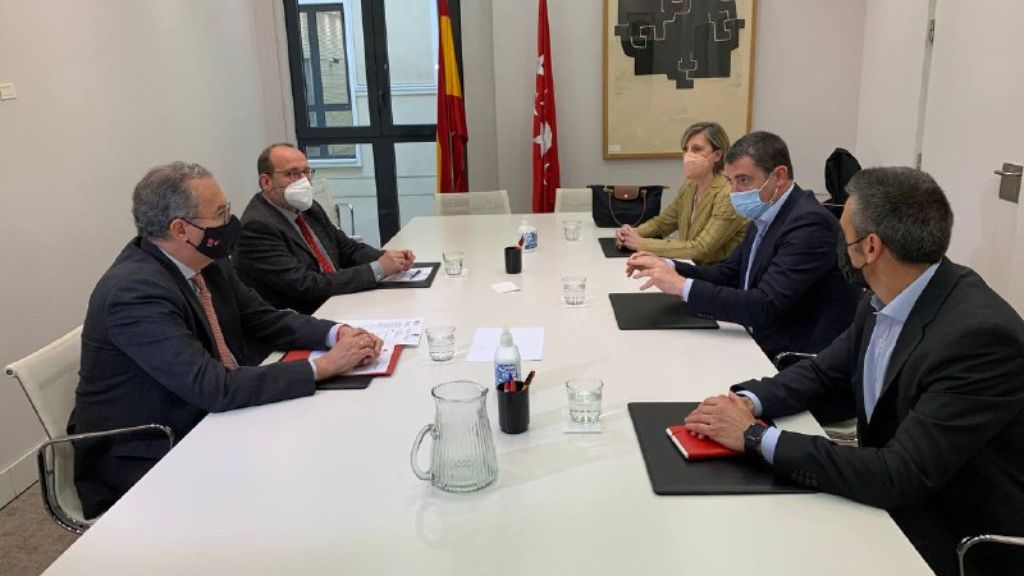
The collaboration agreement between Wolters Kluwer Tax & Accounting and the Ministry of Education, Universities and Science of the Community of Madrid has been extended after the meeting between their representatives, Tomàs Font and Enrique Ossorio Crespo. The objective: to bet on the technological training of students for improve their professional training and employability. Since last academic year, 17 Vocational Training centers in the Community of Madrid with studies in administration and finance have used the company’s solutions to increase the skills of students in the use of technological tools in tax, accounting, labor, billing areasetc.
“As a global provider of software, information and professional services, we want to make a difference in the communities in which we operate. Training teachers in the knowledge of Wolters Kluwer solutions so that they can improve the professional training of their students and help them in their incorporation into the world of work constitutes for us one more way of contributing to economic and business development”stated Tomàs Font during the institutional visit.
Using a3innuva
The agreement incorporates the use of a3innuva, the Wolters Kluwer online suite that incorporates solutions such as a3innuva | Accounting and a3innuva | Payroll. In this sense, educating students in the environment cloud is key to their employability, since the necessary digital transformation of companies It undoubtedly depends on knowing how to use cloud solutions.
The visit was also attended by José María Rodríguez Jiménez, general director of Secondary Education, Vocational Training and the Special Regime; and Alfonso Mateos Antón, deputy director general of Vocational Training Centers and the Special Regime.
This agreement joins those recently signed with the Departments of Education of the Balearic Islands and Castilla-La Mancha, in accordance with Wolters Kluwer’s commitment to public-private collaboration and its interest in providing technological tools for the training of future professionals. .



